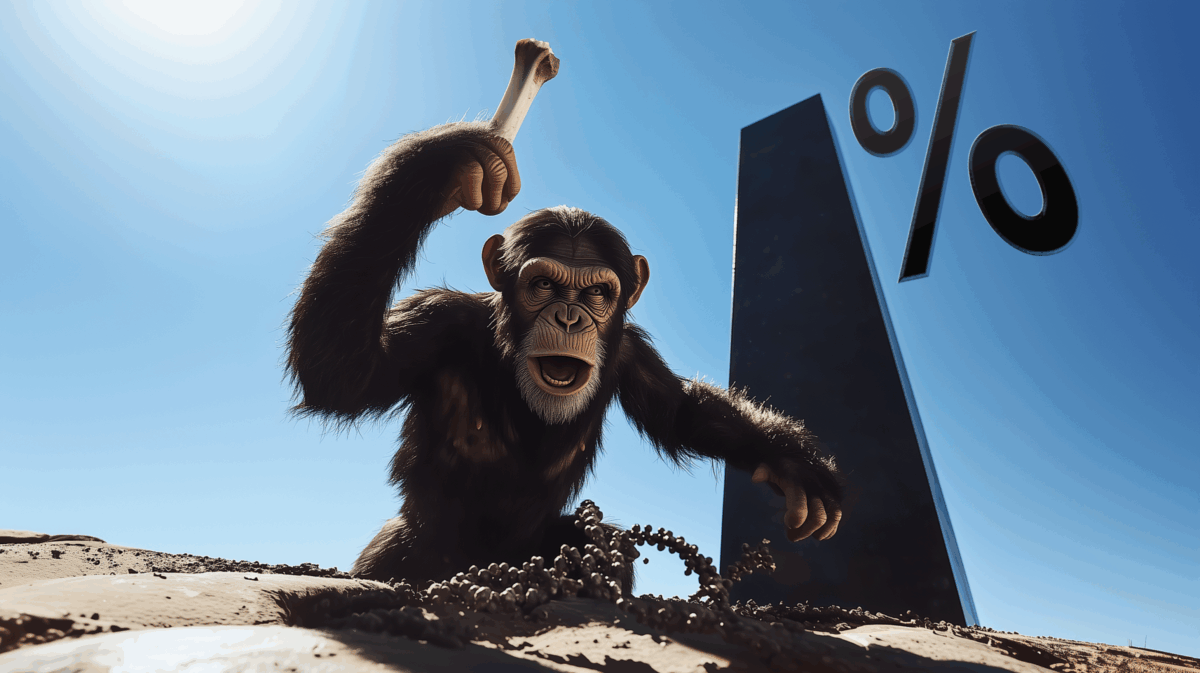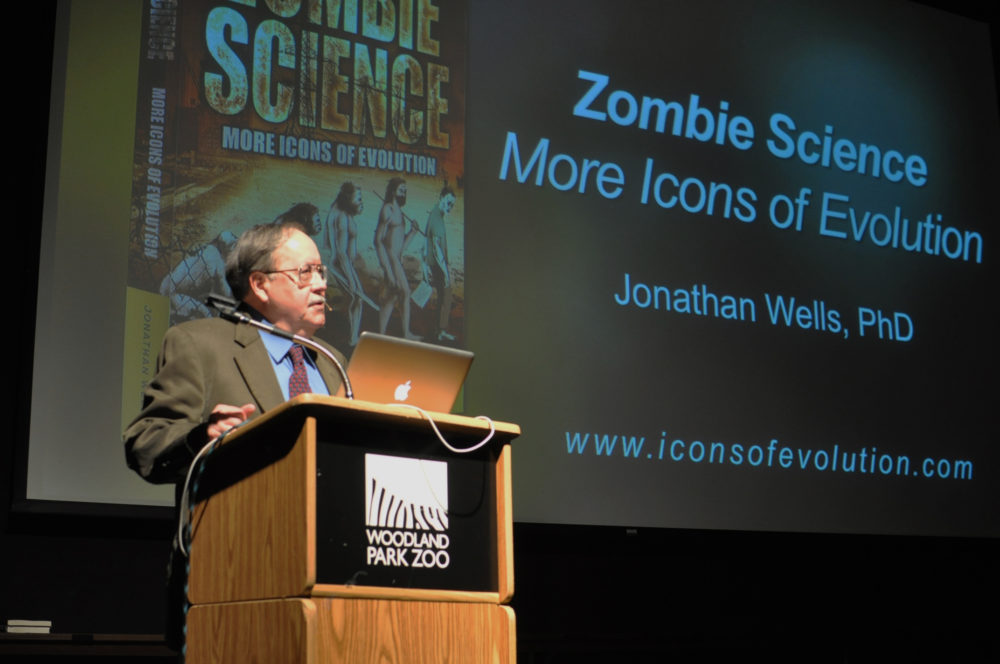

Jonathan Wells
Iconoclast and Molecular and Cell Biologist
Jonathan Wells (1942-2024) received two PhDs, one in Molecular and Cell Biology from the University of California at Berkeley, and one in Religious Studies from Yale University. A Senior Fellow at Discovery Institute’s Center for Science and Culture, he previously worked as a postdoctoral research biologist at the University of California at Berkeley and the supervisor of a medical laboratory in Fairfield, California. He also taught biology at California State University in Hayward.
Dr. Wells published articles in Development, Proceedings of the National Academy of Sciences USA, BioSystems, The Scientist and The American Biology Teacher. He is the author of Charles Hodge’s Critique of Darwinism (Edwin Mellen Press, 1988), Icons of Evolution: Why much of what we teach about evolution is wrong (Regnery, 2000), The Politically Incorrect Guide to Darwinism and Intelligent Design (Regnery, 2006), and The Myth of Junk DNA. He was also co-author with William Dembski of The Design of Life (FTE, 2008). His last solo book, Zombie Science (DI Press, 2017), showed how evolutionary theory — “though empirically dead” — continues to stalk our scientific and educational institutions.
Dr. Wells also did research and writing on developmental information in embryos that is outside of, and inherited independently of, their DNA.
ⓘ Featured photo by László Bencze- Icons of Evolution
- The Myth of Junk DNA
- The Politically Incorrect Guide to Intelligent Design
- Zombie Science
Zombie Science
In 2000, biologist Jonathan Wells took the science world by storm with Icons of Evolution, a book showing how biology textbooks routinely promote Darwinism using bogus evidence — icons of evolution like Ernst Haeckel’s faked embryo drawings and peppered moths glued to tree trunks.
In his follow-up book Zombie Science (2017), Wells asked a simple but provocative question: If the icons of evolution were innocent textbook errors, why have so many of them persisted? Science has enriched our lives and led to countless discoveries. But now, Wells argued, it’s being corrupted. Empirical science is devolving into zombie science, shuffling along unfazed by opposing evidence. Discredited icons of evolution rise from the dead while more icons — equally bogus — join their ranks. Like a B horror movie, they just keep coming! Zombies are make believe, but zombie science is real — and it threatens not just science, but our whole culture. Is there a solution? Wells was sure of it, and pointed the way.
TheLatest

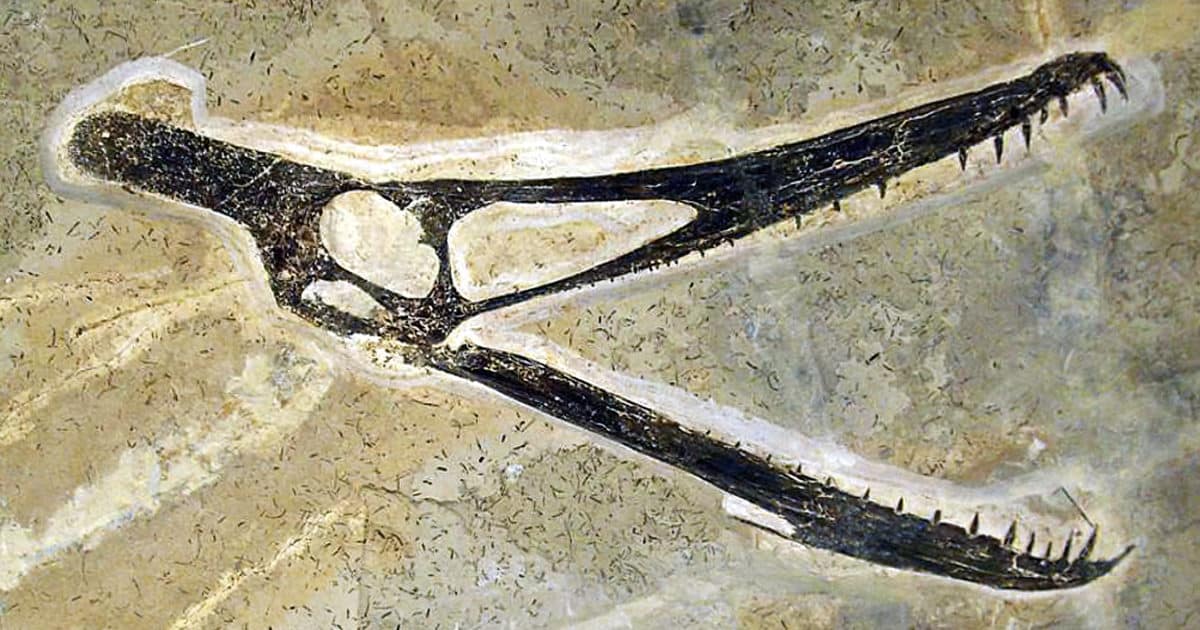
No. 4 Story: Farewell to Günter Bechly

Enlisting the Peppered Moth to Attack Religion
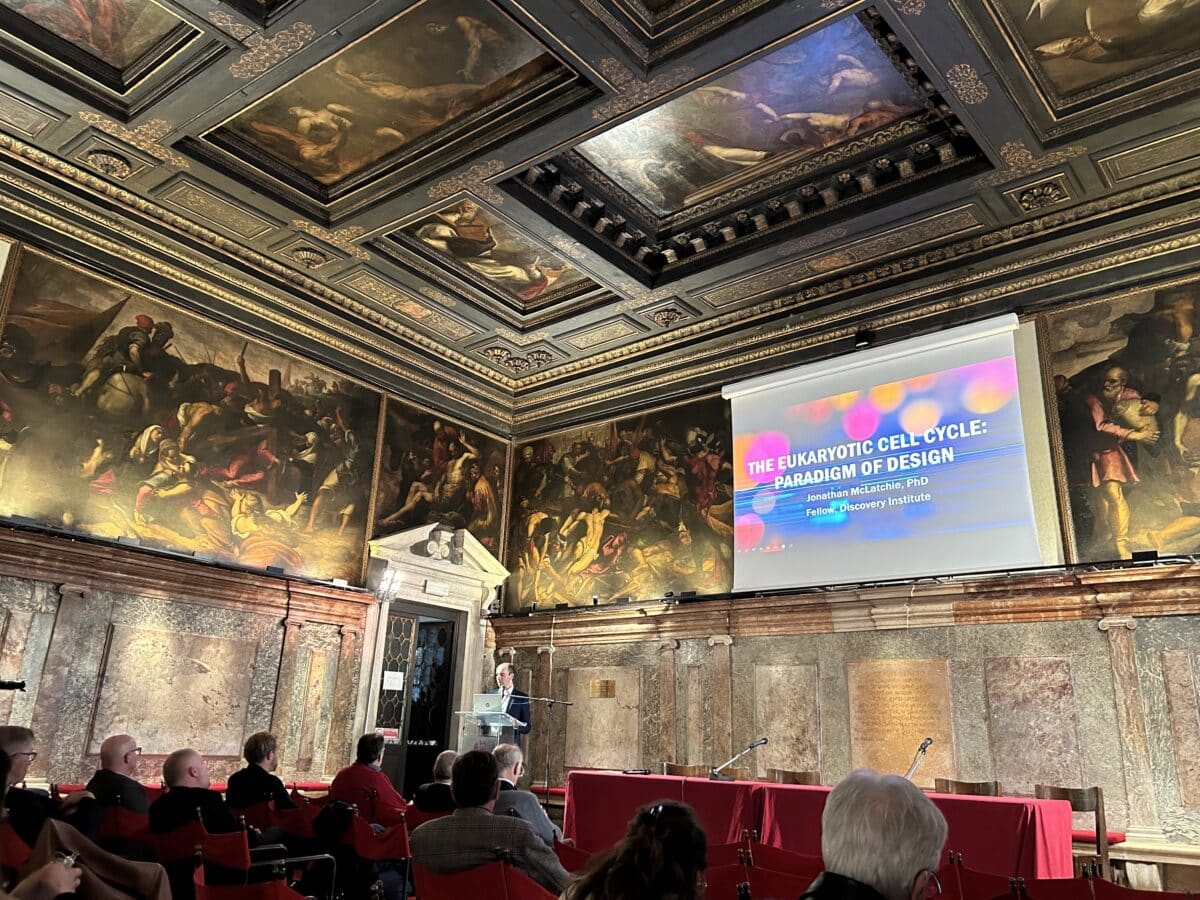
In Venice, Scientists Discuss Challenges to Darwin
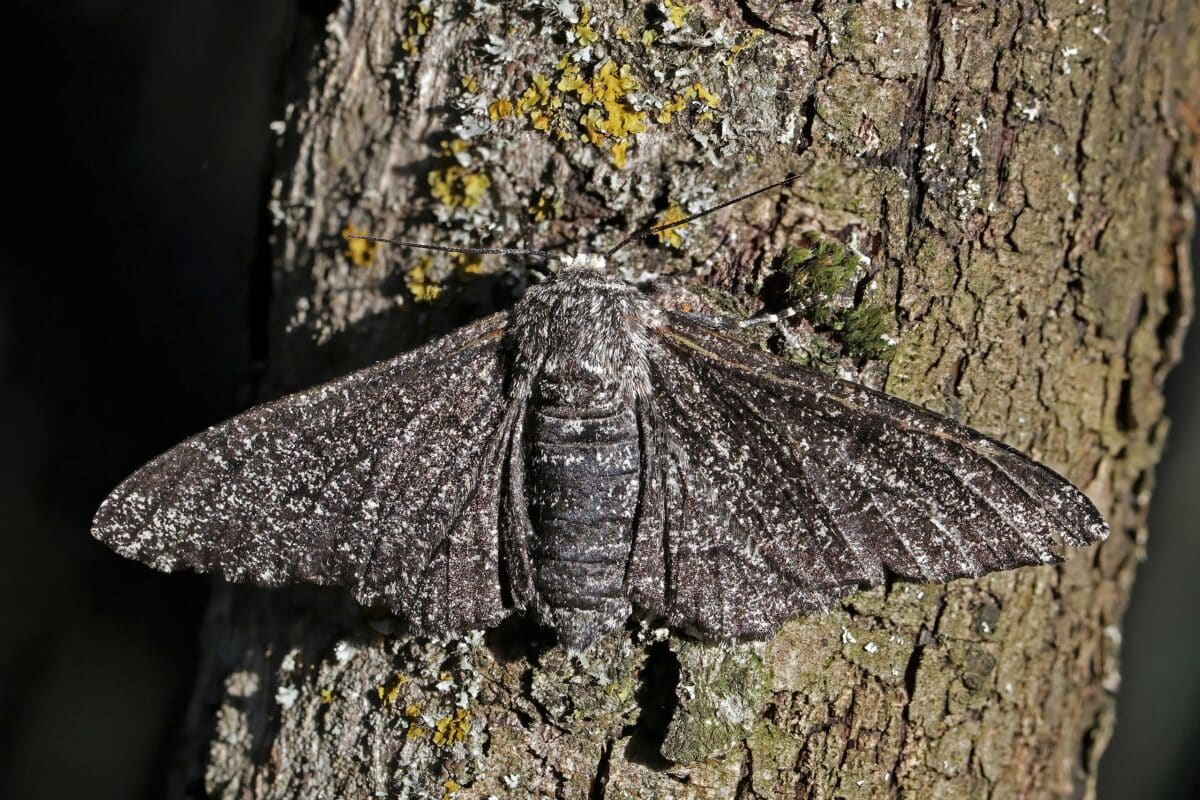
Evolution’s Stubborn Icons

Remembering Walter Bradley (1943–2025)
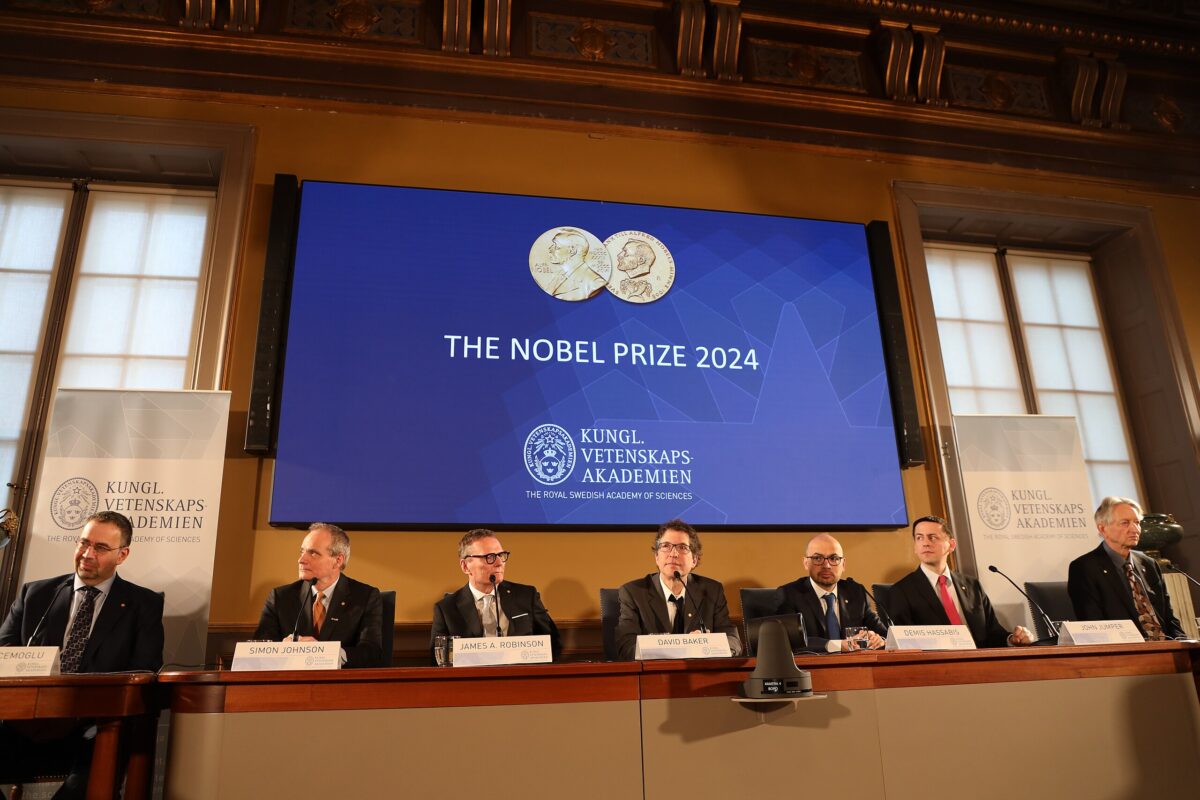
“Junk” Myth Impeded Science

Inhibit the Mind? Scopes Revisionism Can End

Walter Bradley and ID’s First Edition
